Directory
- Share
Veselina Petrova
- Alumni
- Bulgaria
- 2015 PhD Clinical Neurosciences
- Hughes Hall
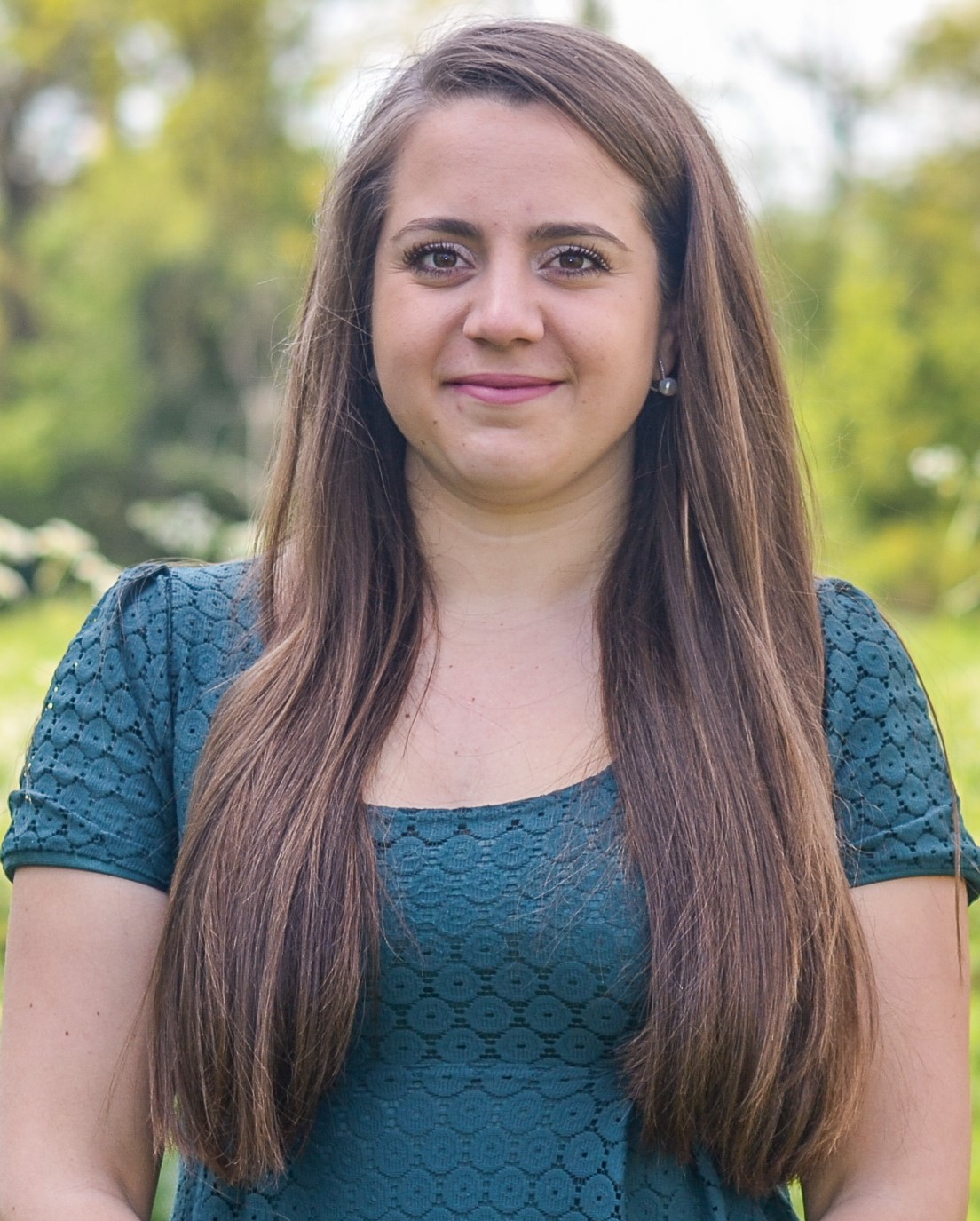
Veselina Petrova
- Alumni
- Bulgaria
- 2015 PhD Clinical Neurosciences
- Hughes Hall
Originally from Bulgaria, I moved to the UK six years ago when I was awarded the HMC scholarship to study at a British boarding school – Dollar Academy. I first became interested in the clinical neurosciences last summer during my research experience at the Swiss Federal Institute of Technology where I worked on a mouse model of amyotrophic lateral sclerosis and on advancing some of the current tools available for gene therapy. My interests were further developed through my dissertation project which I am about to finish as part of my undergraduate degree at Edinburgh University, in which I characterised some of the major pathological changes in a novel mouse model of Alzheimer’s disease. Today I look forward to starting my PhD degree in Prof. James Fawcett’s laboratory in Cambridge where I will be exploring what goes wrong inside nerve cells upon spinal cord injury and will hopefully be able to design new strategies to repair the damage. My ultimate aim is to enhance the understanding of the neurodegenerative and regenerative processes in the brain and to provide improvements to the diagnosis, treatment and quality of life of the affected individuals and their families. I am also passionate about scientific communication and I have been involved in writing for the Science and Environment section of the Student newspaper over the past few years. I hope that as a Gates scholar, I will be able to reach out to communities and bridge the gap between scientists and the public.
Previous Education
The University of Edinburgh
Jacquelyne Poon
- Alumni
- Canada
- 2012 PhD Plant Sciences
- Churchill College
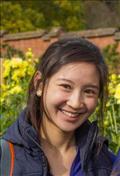
Jacquelyne Poon
- Alumni
- Canada
- 2012 PhD Plant Sciences
- Churchill College
With increasing global food demands, chronic hunger and coinciding crop damages, food security is an important issue that requires the attention from all corners of the world. Crop availability is constantly being challenged by multiple factors, including, but not limited to, environmental impact, pests, and pathogens. My current interest in promoting food security largely developed out of my MSc work on cassava, a staple food for Sub-Saharan Africans. As I pursue my PhD studies at Cambridge, I aim to better understand how plants could increase their resistance to pathogens, including viruses, bacteria, and fungi. Plants have defence mechanisms that counter the attacks imposed by the aforementioned pathogens. However, the exact methods employed by various plants are not entirely known up to date. Additionally, I hope to work at the interface between the scientific community and the public, by using my scientific knowledge and bridging the gap between the two communities.
Nicholas Posegay
- Alumni
- United States
- 2017 PhD Asian and Middle Eastern Studies
- Corpus Christi College
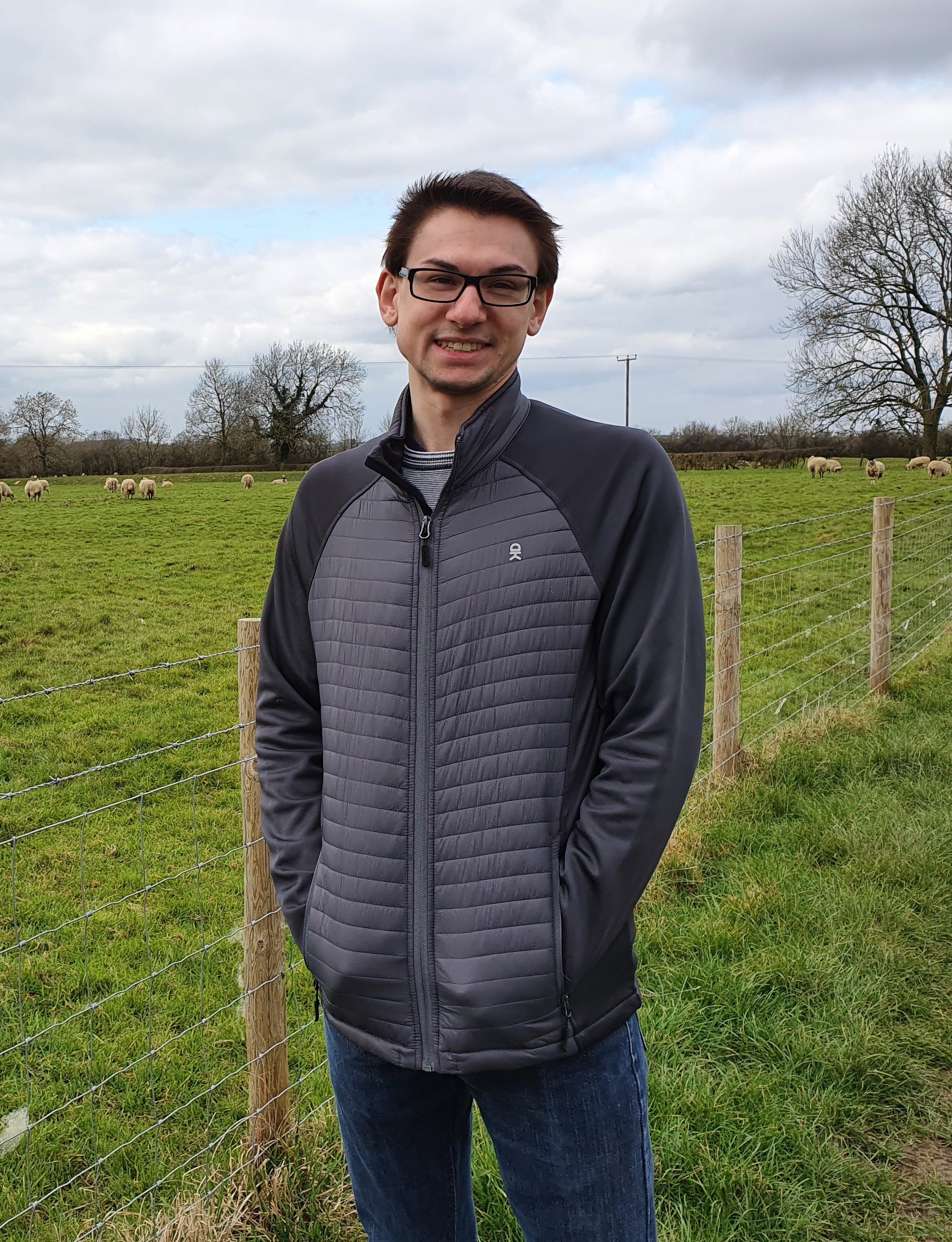
Nicholas Posegay
- Alumni
- United States
- 2017 PhD Asian and Middle Eastern Studies
- Corpus Christi College
Author of the award-winning book, "Points of Contact: The Shared Intellectual History of Vocalisation in Syriac, Arabic, and Hebrew," freely available here: https://doi.org/10.11647/OBP.0271
Previous Education
University of Chicago
Links
https://www.ames.cam.ac.uk/people/dr-nick-posegay
https://cambridge.academia.edu/NickPosegay
William Snyder
- Scholar
- United States
- 2021 PhD Psychiatry
- Trinity College
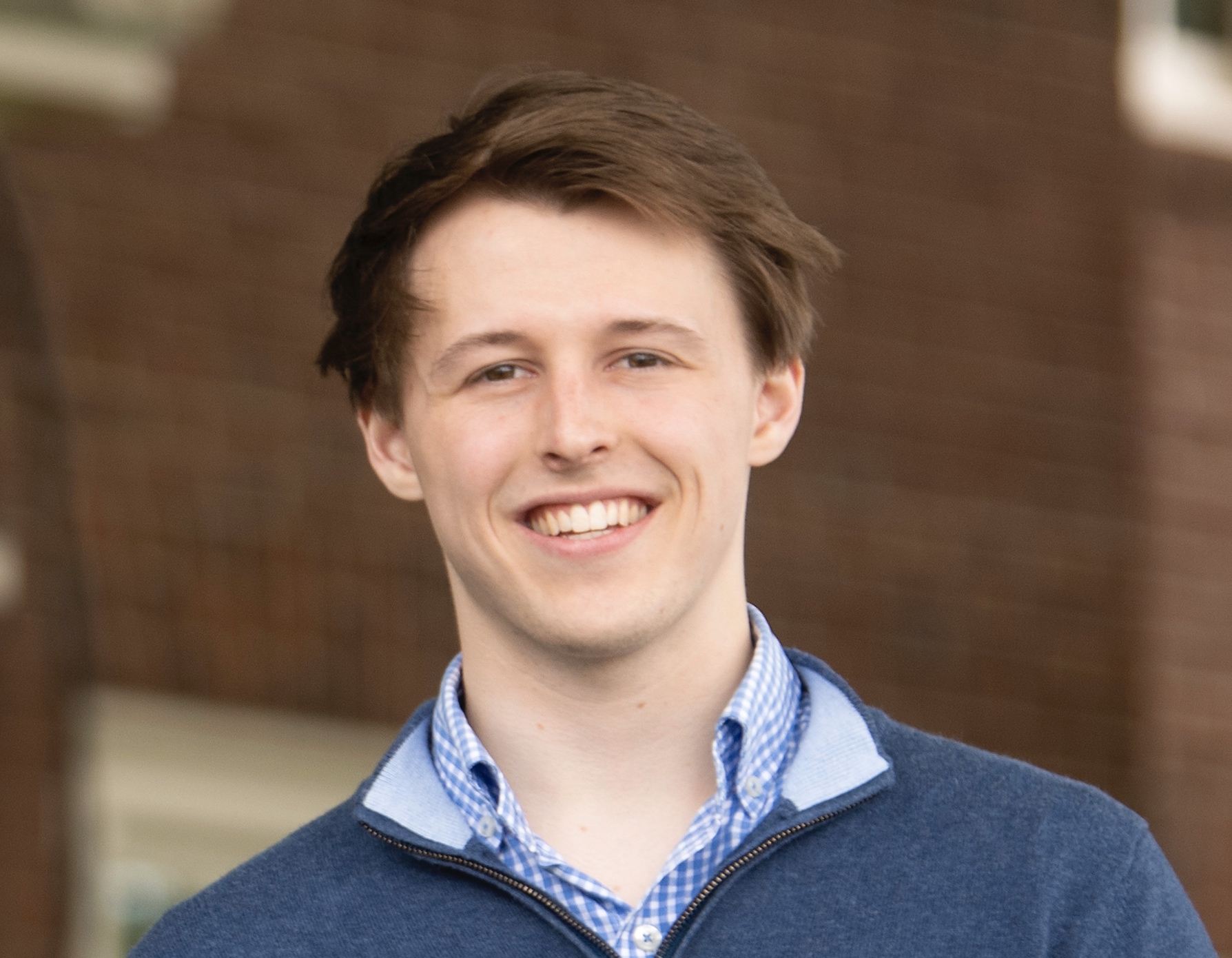
William Snyder
- Scholar
- United States
- 2021 PhD Psychiatry
- Trinity College
Behind every brain MRI is a person with a unique set of traits, but accessing which brain features contribute to one’s behavior, in health and disorder, is an ongoing challenge. Curious about this, in high school I began developing neuroimaging methods, examining large publicly available fMRI datasets. As an undergraduate at Bucknell University in Pennsylvania, the potential of using mathematics to advance brain mapping within these datasets captivated me. I trained with the Geisinger-Bucknell Autism and Developmental Medicine Institute, learning how graph theory methods can help understand patterns of brain folding and function that relate to psychiatric and neurodevelopmental conditions. Working with labs at the NIH, the University of Miami, and Forschungszentrum Julich exposed me to a variety of imaging methods that can further capture the intricacies of the human brain. In my doctoral studies in psychiatry at Cambridge, I will work in Prof. Ed Bullmore’s lab to study infant and adolescent development, combining graph theory analyses of brain folding and brain networks. I hope to contribute to the growing field of precision medicine, advancing treatments for disorders based on markers in the brain.
Previous Education
Bucknell University Neuroscience 2021
Brendan Terry
- Alumni
- United States
- 2020 PhD Biological Science at the Babraham Institute
- Downing College
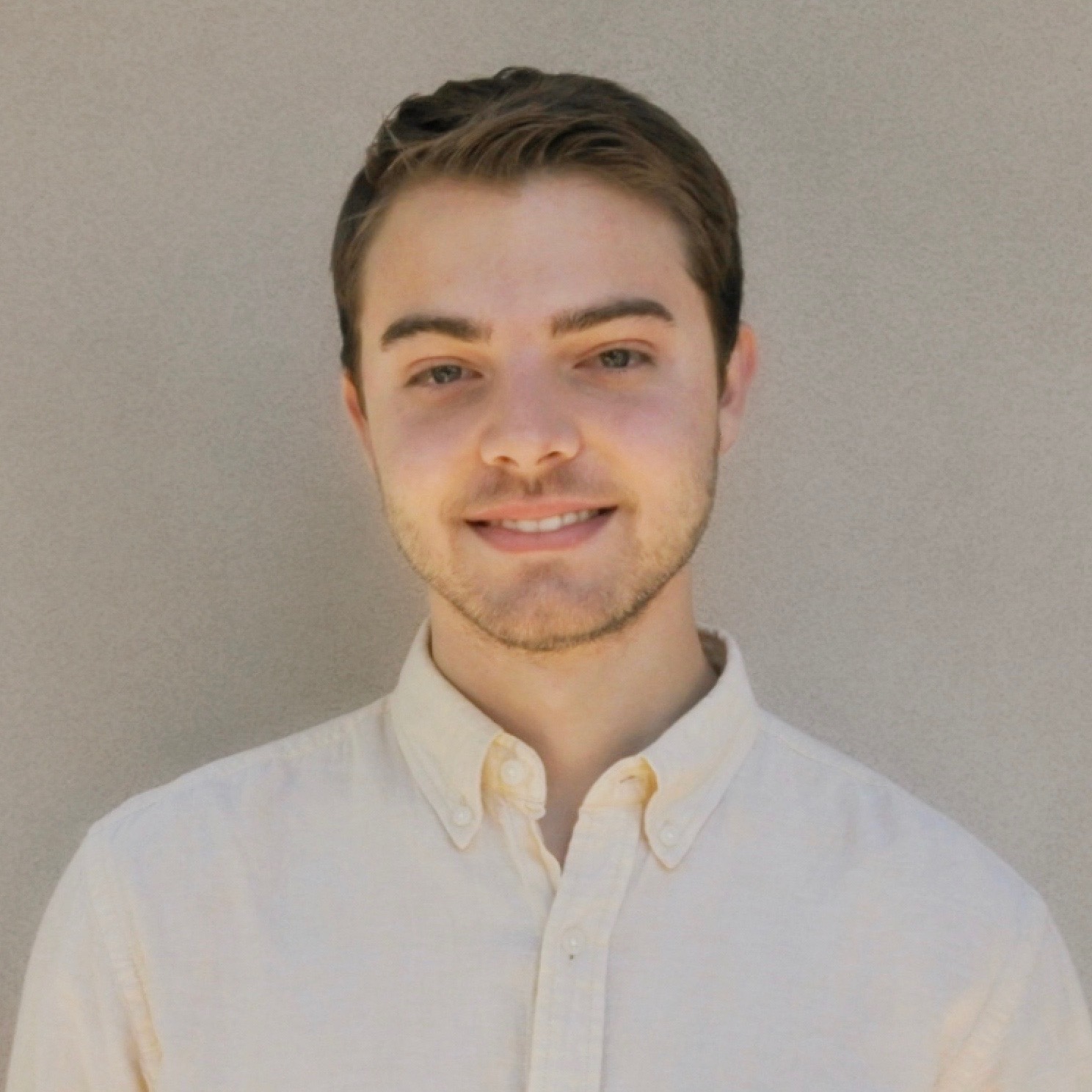
Brendan Terry
- Alumni
- United States
- 2020 PhD Biological Science at the Babraham Institute
- Downing College
Growing up in a family that struggled to afford the costs of managing chronic health issues, I realised that poor health and other difficult life experiences often are intertwined. At Pomona College, I studied biochemistry and began to wonder about the biochemical underpinnings of the social determinants of health, which drive global health disparities. My passion for biochemistry grew over four years in the Sazinsky lab, where I discovered the structure of an enzyme that could make better nutrition available to many more people. In other work with Dr. Calderón-Villarreal of COLEF in Tijuana, Mexico, I combined chemical and anthropological approaches to reveal the socio-environmental determinants of poor health in a population experiencing homelessness. As a PhD student in the Reik and Balasubramanian labs, I focus on the molecular processes that control which genes are turned on (or off) to regulate development because adverse life circumstances (e.g., poverty, poor nutrition, and violence) often dysregulate these very processes to cause chronic disease. I am honoured to join the Gates Cambridge community of scholars in their efforts to bend the arc of academic research toward social justice.
Previous Education
Pomona College Chemistry 2020
Domiziana Turcatti
- Alumni
- Italy
- 2018 MPhil Sociology
- Robinson College
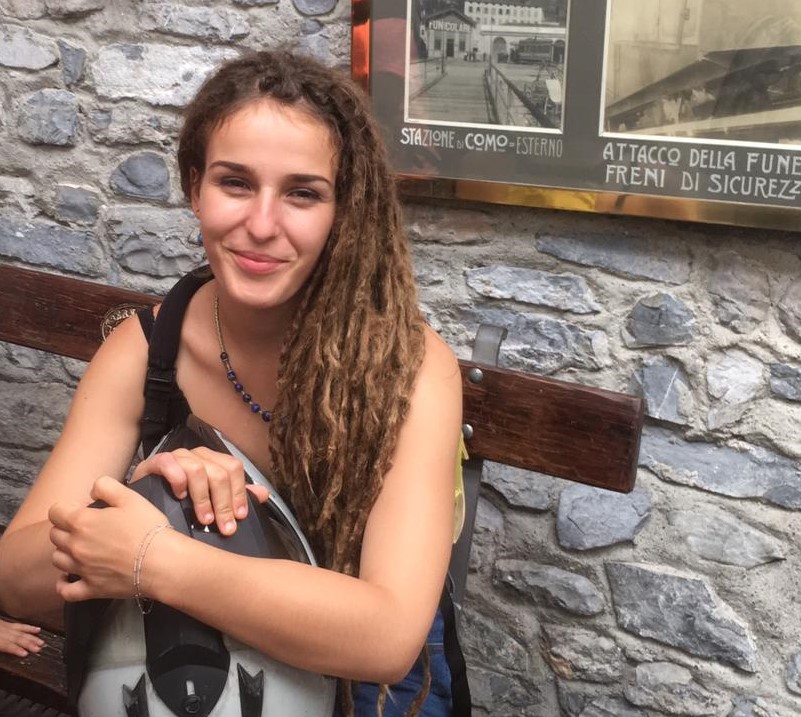
Domiziana Turcatti
- Alumni
- Italy
- 2018 MPhil Sociology
- Robinson College
Domiziana is a DPhil Candidate in Migration Studies and Clarendon Scholar investigating how families shape and are shaped by onward migration. Her doctoral research focuses on the experiences of onward Colombian families who moved from Spain to London.
Between June 2020 and June 2021, Domiziana co-led the project “Enhancing the impact of migration research with Latin Americans in London”, which sought to understand the impact of Brexit and COVID-19 on London’s Latin American migrants by building links with the community through knowledge exchange and engagement activities. The findings were published in the form of an executive summary geared towards the general public and available here.
In 2020, she worked as a research consultant for the project ‘Promoting Inclusion to Combat Early School Leaving’ co-funded by the Erasmus+ Programme of the European Union and promoting inclusive intercultural pedagogies for student engagement by bringing together researchers and teachers from schools from four EU countries (Italy, Spain, Portugal, and Croatia).
As of September 2020, Domiziana was appointed convener of the interdisciplinary Oxford Migration and Mobility Network which draws together researchers of migration and mobility from across the University of Oxford. From 2019 to 2021, she served as editor and then co-editor-in-chief of the Oxford Monitor of Forced Migration Journal.
Domiziana completed her MPhil in Sociology at the University of Cambridge in July 2019 with a Gates Cambridge Scholarship. Prior to moving to the UK, she completed her BA in Liberal Arts and Science at Amsterdam University College, where she ventured to understand the educational experiences and the peer culture of Moroccan-Dutch youth in Amsterdam and Rotterdam.
Previous Education
University of Amsterdam
Links
https://www.compas.ox.ac.uk/people/domiziana-turcatti
https://www.facebook.com/domiziana.turcatti
https://www.linkedin.com/in/domiziana-turcatti-711835191
Alexander Vail
- Alumni
- Australia
- 2010 PhD Zoology
- St John's College
Alexander Vail
- Alumni
- Australia
- 2010 PhD Zoology
- St John's College
This past year has certainly been a life altering and exciting one! It began by ushering in 2010 while paddling a dugout canoe in remote Sulawesi, undertaking a self-founded Australian Geographic sponsored expedition to raise awareness about living sustainably with fragile environments. After recovering from dengue fever it was off to South America to cycle through Patagonia and explore as much of the continent as possible, partially offsetting the costs by freelancing for Australian Geographic Outdoor magazine. However one of my most significant events of the year has been the generosity afforded to me by the Gates Cambridge Trust. The scholarship they have awarded me is now allowing me to do what I dreamed of: to study a PhD examining cooperative hunting and cognition at Cambridge. This is an immense privilege, and I plan to use what I learn to help positively influence public attitudes towards our world's imperiled natural environment.
Vaithish Velazhahan
- Alumni
- United States
- 2018 PhD Biological Science at the MRC Laboratory of Molecular Biology
- Sidney Sussex College
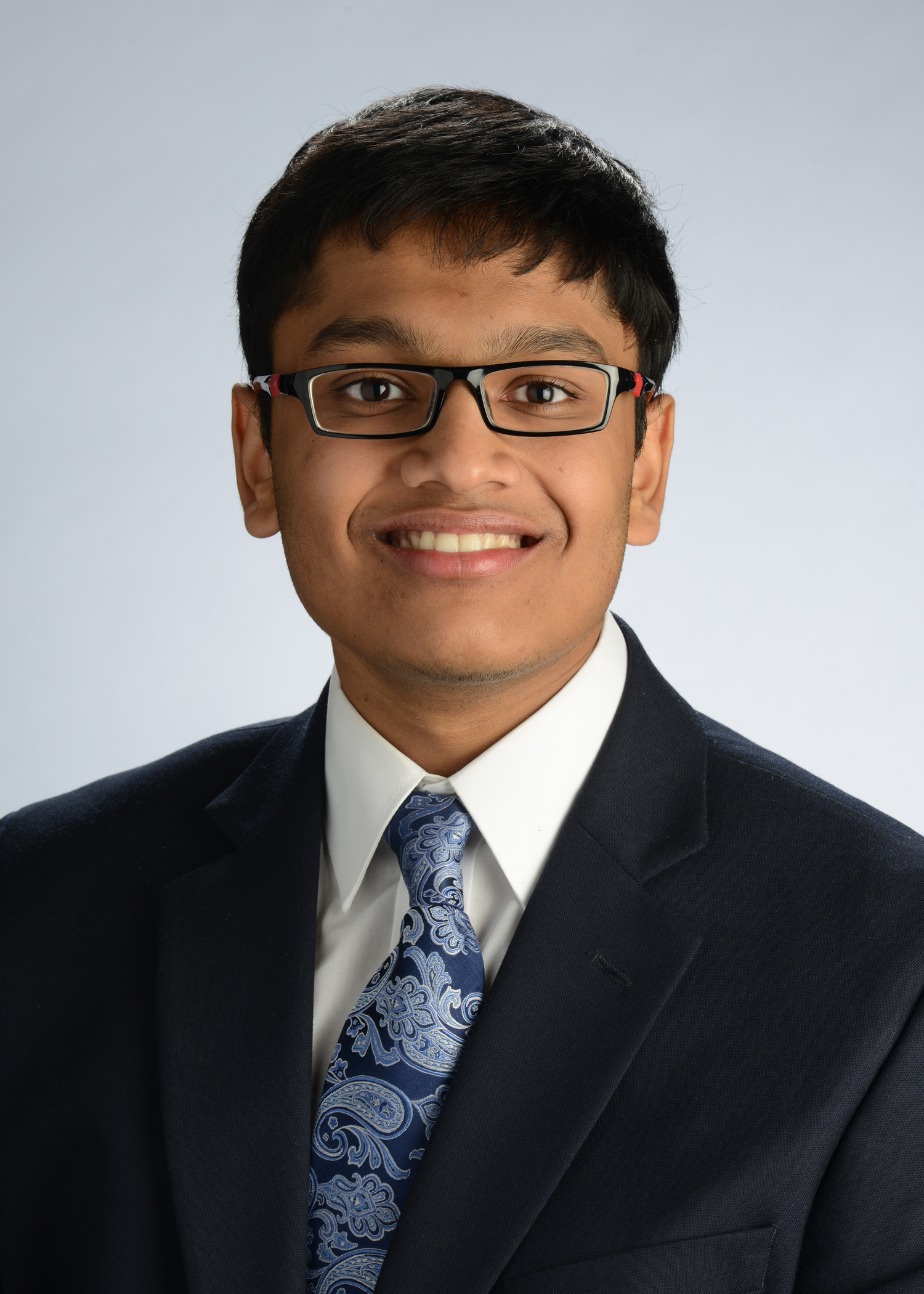
Vaithish Velazhahan
- Alumni
- United States
- 2018 PhD Biological Science at the MRC Laboratory of Molecular Biology
- Sidney Sussex College
As an undergraduate at Kansas State University double majoring in Medical Biochemistry and Microbiology, I worked in the lab of Dr. Kathrin Schrick where I pursued multiple independent projects. I used biophysical tools to characterize direct targets of dietary flavonoids, which are abundantly found in fruits and vegetables and are known to possess anti-cancerous properties. This project emerged from my quest to understand protein-flavonoid interactions. As the only person conducting this research, I had to teach myself a lot of different techniques and face numerous challenges, but in the process I developed a great love and appreciation for the visualization of protein structures. During my PhD in the MRC Laboratory of Molecular Biology (LMB), I will be using electron cryo-microscopy to uncover new structures of activated states of G protein-coupled receptors (GPCRs). Over 40% of commercially available drugs target GPCRs; therefore, it is important to understand their structures to design new drugs to treat a variety of human diseases. I am very excited to contribute to advances in electron cryo-microscopy, and I am grateful for this opportunity to work alongside and learn from world-class scientists in the LMB. Besides science, I enjoy working towards bridging global health disparities. I have worked with MEDLIFE in Peru and Ecuador, and I also run my own non-profit WE SAVE in India where we are developing technology to connect doctors with underserved patients.
Previous Education
Kansas State University
Lyndie Zollinger
- Scholar
- United States
- 2020 PhD Engineering
- Churchill College
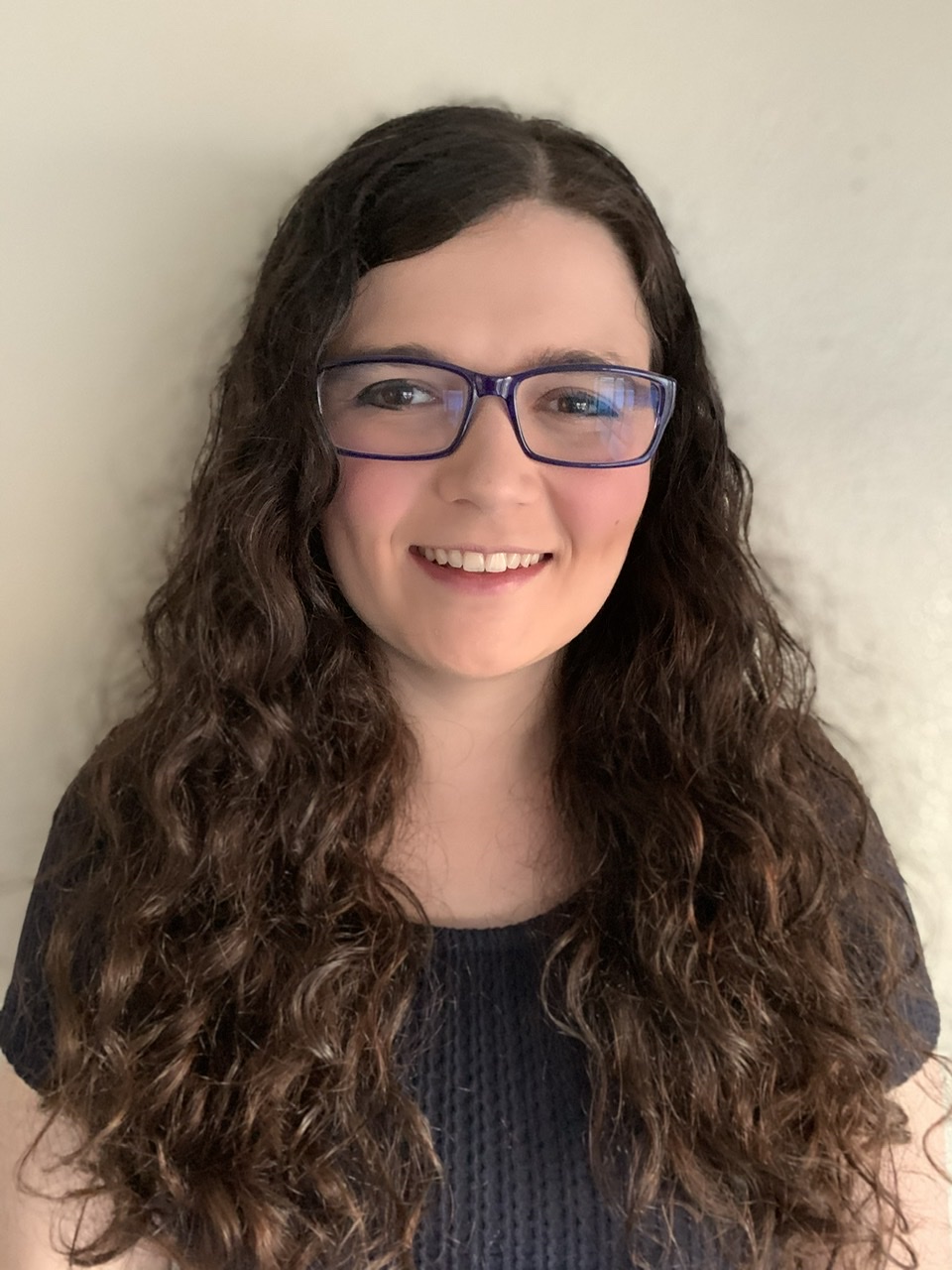
Lyndie Zollinger
- Scholar
- United States
- 2020 PhD Engineering
- Churchill College
I was raised in Utah with a love for learning, teaching, building, and medicine. I liked to push the limits of what my community told me was possible; this led me to MIT, where I graduated in Mechanical Engineering. During a class activity at MIT, my knee was injured when a giant hamster wheel fell on top of me. This fueled my passion for studying medical challenges from a mechanical perspective. As an undergraduate, my research projects have included an assistive diaphragm for patients with respiratory muscle diseases through MIT and an implantable sensor for the brain at the University of Auckland. At Cambridge, my PhD research focuses on increasing the availability of gait analysis for injury diagnosis, treatment, and monitoring. My current research combines portable low-cost imaging techniques with biomechanical modelling to analyse motion patterns, detect abnormalities, and identify specific knee injuries in humans and dogs. This portable and low-cost method of gait analysis has the potential to enable GPs, physiotherapists, and other medical professionals to assess patient gait without the need for referral to specialized, expensive, and often overwhelmed gait clinics. This can help assess patients more quickly and reduce patient backlogs. This method will also enable at-home monitoring of patients as they recover from injuries, which can improve patient outcomes and ensure they stay on track for a normal recovery. As I pursue a PhD and academic career in biomechanics, I also want to continue mentoring and inspiring more girls to pursue their dreams in STEM fields. I am honored to be a part of the Gates Scholars community and look forward to learning and sharing all I can with this incredible group.
Previous Education
Massachusetts Institute of Technology Mechanical Engineering 2020








